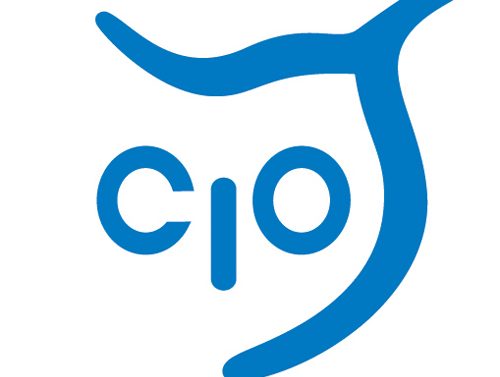All tax advisers should be professionally qualified, says the Chartered Institute of Taxation.
It has given a cautious welcome to a government proposal for an ultimate legal requirement for anyone who wants to provide tax advice on a commercial basis to belong to a recognised professional body. There is another alternative on the table – a new government regulator of tax advisers – but, the CIOT says this would be costly and ineffective.
HMRC is calling for evidence on options to raise standards in the market for tax advice to benefit taxpayers and to better protect the public purse.
CIOT supports the idea that the work of professional bodies (like itself) is properly recognised, and so there should be a legal requirement for anyone who provides tax advice on a commercial basis to belong to a recognised professional body.
The CIOT’s John Cullinane, admitted that there is a risk of excessive disruption to the system if agents and advisers who are not members of a recognised professional body are outlawed overnight. He went on: “We suggest a transitional period – which might involve a possible escalating level of requirements common to professional body members being applied to this population – to allow existing unaffiliated agents to adapt.”




